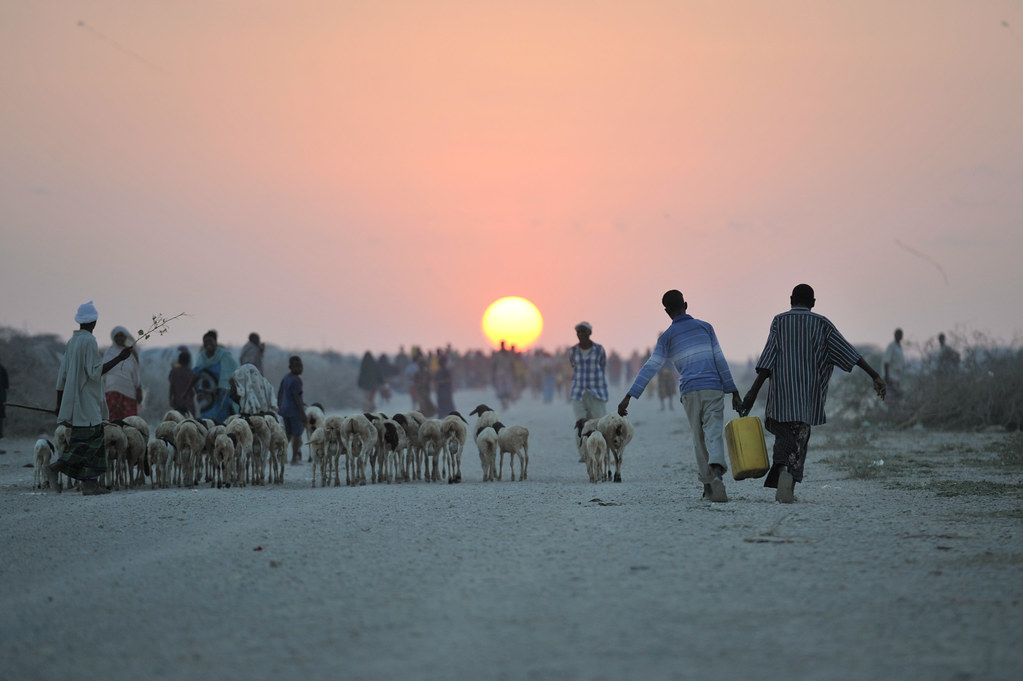Debt Emergency 2025: Bold Action Needed to End Africa’s Unfair Financial Burden

Table of Contents
In a pivotal year for global finance, Africa faces a defining moment in its ongoing Financial emergency. The African Union (AU) has declared 2025 the Year of Reparations, echoing calls from global voices like the Pope’s Jubilee Year initiative and the AU Commission on Reparations.
Meanwhile, the UN’s Financing for Development conference in Seville in mid-2025 is expected to propose critical reforms to the outdated global financing structure. These developments converge at a time when Africa’s Interest payments are spiraling out of control — and rich countries are failing to honor their climate finance promises.
A Fractured Financial System
Two decades after the Jubilee 2000 campaign that canceled billions in Financial burden, Africa finds itself once again shackled by a broken financial order. In 2024 alone, lower-income African countries paid a staggering $60 billion in debt repayments — more than they spent on education or healthcare combined.
Much of the blame lies with institutions like the International Monetary Fund (IMF) and World Bank, born of the colonial era. These institutions enforce repayment policies while ignoring their own historical role in creating Africa’s debt vulnerability.
Who Really Owes Whom?
A groundbreaking new report from ActionAid titled “Who Owes Who?” challenges the prevailing debt narrative. Using research from Fanning and Hickel, it calculates that developed nations owe developing countries over $36 trillion in climate debt — dwarfing the amount African countries owe externally.
Despite being the least responsible for carbon emissions, African nations bear the brunt of climate change. From devastating droughts in Southern Africa to deadly floods in West Africa, the cost is rising — yet promised funds remain elusive.
Structural Reform: A UN-Based Framework
To break the cycle, African leaders and global advocates are pushing for a UN Framework Convention on Sovereign Debt. Unlike the IMF, a UN-led body could offer a transparent, inclusive, and fair approach to debt restructuring and repayment. It would also set new principles for responsible lending and borrowing, reducing the risk of future crises.
Such a framework would give the Global South a powerful tool to resist exploitative terms and fight rating agency bias — an overlooked cause of Africa’s high-interest loans. Africa currently pays an average interest rate of 9.8%, compared to 0.8% in wealthy countries like Germany.
AU Summit and the Year of Reparations
This February, African heads of state gathered in Addis Ababa for the AU Summit, where the issue of debt and reparations topped the agenda. Calls to cancel illegitimate debts — particularly those accumulated through odious terms and colonial legacies — were louder than ever.
Yet experts warn that debt cancellation alone isn’t enough. Without changing the architecture that creates and sustains debt dependency, history will repeat itself. Hence, the AU is expected to endorse a resolution supporting a UN framework and calling for historical reparations from colonial powers and fossil fuel emitters.
Global Support Is Growing
Global civil society is aligning with Africa’s call. From Jubilee Debt Campaign UK to CIDSE and Debt Justice South Africa, pressure is mounting on global financial institutions and creditor nations to agree to systemic reforms.
The upcoming UN Financing for Development (FfD) conference in Seville will be a test of whether the world is ready to accept a more just financial order. African leaders must be prepared with a unified stance to ensure their voices are not only heard but acted upon.
Conclusion: A Moment Not to Miss
2025 presents a historic opportunity. It’s not just the Year of Reparations or a Jubilee Year — it could be the year Africa reclaims control over its financial future. If African leaders act collectively, and if global institutions heed their call, we could witness the start of a truly fair and resilient global financial system.
Failure to act now will mean continuing to mortgage Africa’s future for the mistakes of the past. But bold leadership, unity, and moral clarity could finally unchain the continent from cycles of debt and injustice.
Let 2025 be remembered not for more broken promises, but for transformational change.
For more insights, visit African Arguments: Economy Section and UNCTAD on Debt and Finance.
find more on voiceafricadaily.com